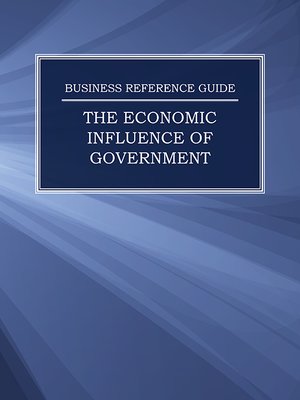
Sign up to save your library
With an OverDrive account, you can save your favorite libraries for at-a-glance information about availability. Find out more about OverDrive accounts.
Find this title in Libby, the library reading app by OverDrive.



Search for a digital library with this title
Title found at these libraries:
| Library Name | Distance |
|---|---|
| Loading... |
This volume begins with an essay by Simone I. Flynn that outlines the main underlying themes of economic policy
debates and the causes of these debates. Further influencing these debates are business cycles and national elections.
Steven R. Hoagland lays out the strong correlations between the two and sets a rubric for what statements presidential
candidates should release regarding job growth, worker productivity, and income taxes, among others. One of the tools
governments have at its disposal for altering economic cycles is monetary policy. As noted by Francis Duffy, “monetary
policy sets the upward limit of money in the form of cash, demand depots, time deposits, and equities allowed
to circulate in the economy at large.” A separate method governments can use to spur or slow economic growth is the
lowering and raising of interest rates. Michael P. Auerbach offers information on the historical development of, the
current characteristics of, and the primary impacts of interest rates. Some other effects of elections on economics are
those impacting inflation rates and unemployment rates.







